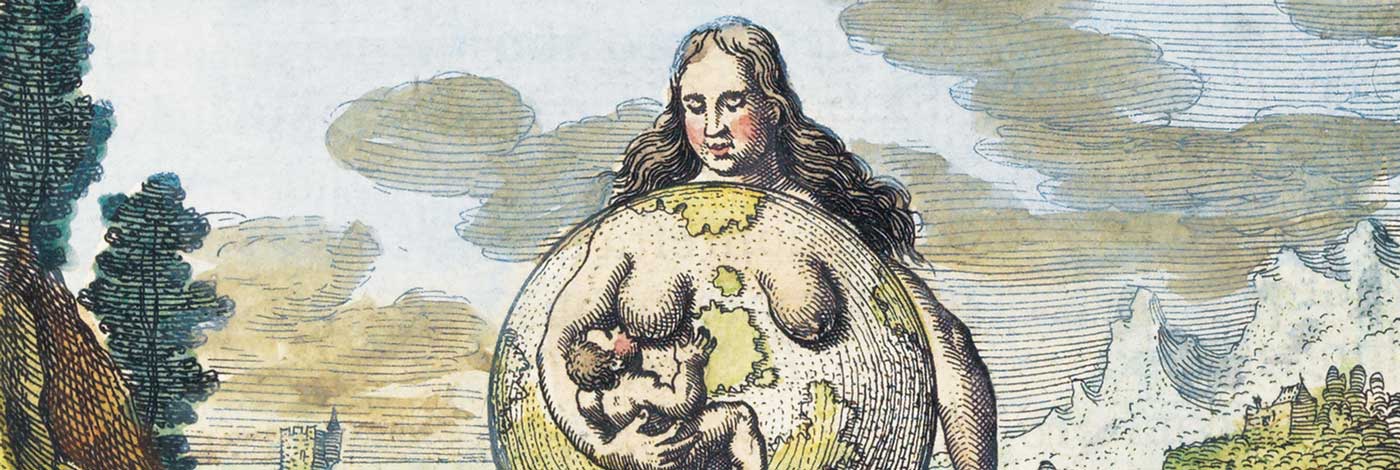
 Anthropozoologica
16 - Pages 53-60
Anthropozoologica
16 - Pages 53-60This article examines the impact upon pastoral production of the imperialist policies of the classical Athenian democracy and the internal tribute which it levied from its own wealthy citizens. Rich Athenians, burdened by financial obligations which were required to fund the state's military commitments, typically suffered from a chronic liquidity crisis. One means of generating the necessary cash was the rearing of livestock for the production of cheese and high-quality wool and the provision of animals as sacrificial victims. This production was aimed at the urban markets of Athens and Peiraieus which experienced a massive growth in resident population. The purchasing power of town-dwellers was underpinned by their position as the main recipients of money extracted from the rich through the employment created by state activities, above ail in the fleet, and through the provision of payments to poor citizens. Hence there developed a self-sustaining cycle of pastoral production and demand which was broken only by the demise of democracy towards the end of the fourth century BC.
Imperialist, Democracy, Pastoral production, Athens.